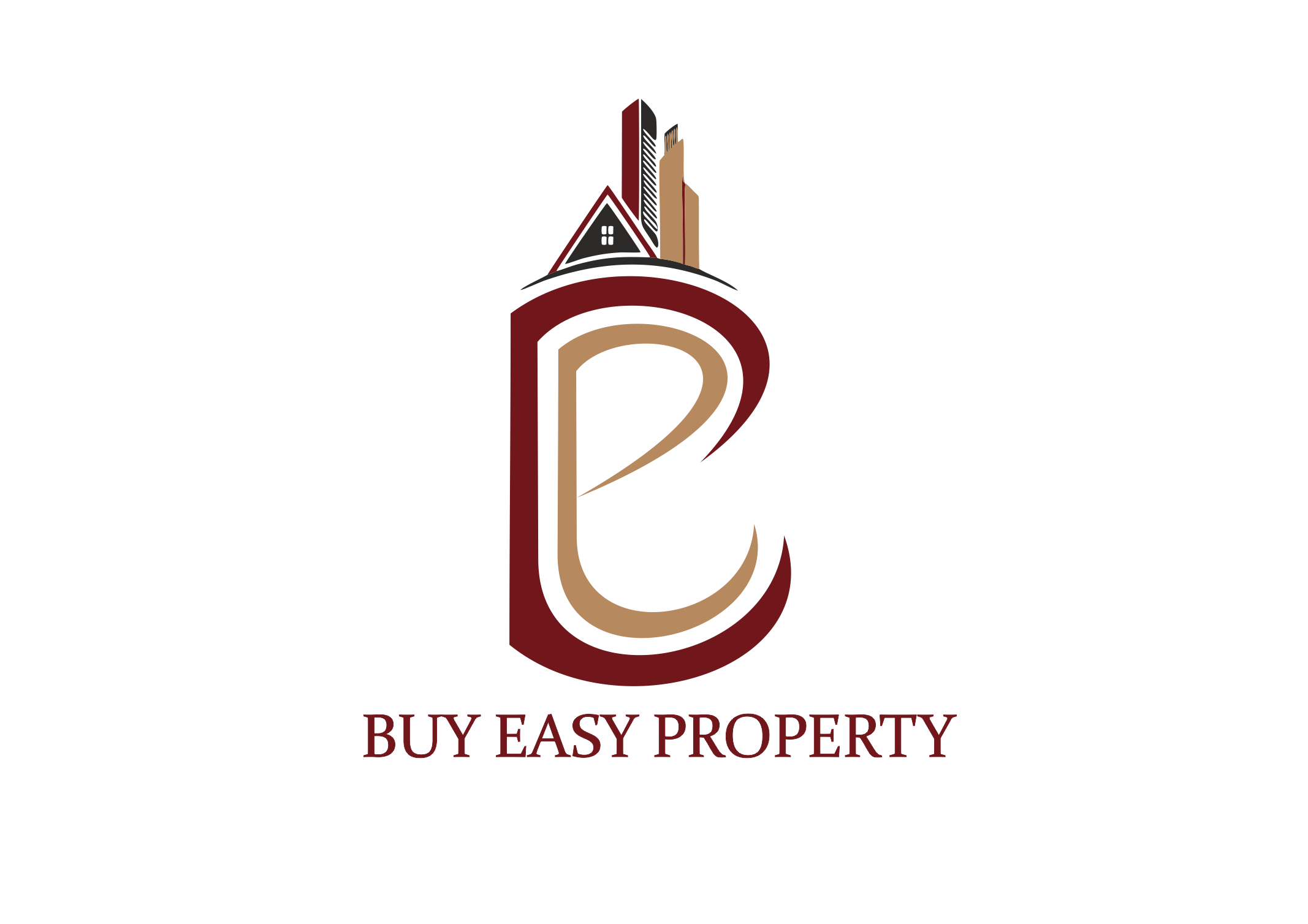Introduction
Real estate has always been a high-potential industry, but in 2025, building a scalable real estate business requires more than just property knowledge. As the market becomes more dynamic, competitive, and digitized, entrepreneurs and real estate firms must embrace new strategies that go beyond traditional practices. Scalability, sustainability, and adaptability are now the pillars of long-term growth. This comprehensive guide will explore how to start, grow, and scale a real estate business in 2025 while building a brand that lasts.
1. The Definition of Scalability in Real Estate
1.1 What Does Scalability Mean Today?
Scalability in 2025 isn’t just about handling more clients or listings—it’s about being able to expand operations without a proportional increase in resources or overhead. This includes leveraging technology, automation, and data-driven decision-making.
1.2 Difference Between Growth and Scalability
Growth increases revenue but may also increase costs. Scalability, on the other hand, improves efficiency and profit margins. A scalable real estate business is tech-enabled, process-oriented, and optimized for performance.
2. Building a Strong Business Foundation
2.1 Establishing Your Niche
Focusing on a specific segment like luxury homes, rental properties, student housing, or commercial spaces allows for deeper market expertise, targeted marketing, and clearer branding.
2.2 Legal Structure and Compliance
Choosing the right legal entity (LLC, partnership, etc.) and complying with local real estate regulations, licensing, and zoning laws is critical to long-term stability.
2.3 Financial Planning
Developing a financial model, estimating startup costs, projecting income, and creating reserve funds form the base for a scalable enterprise.
3. Creating a Tech-Driven Infrastructure
3.1 CRM and Lead Management Systems
In 2025, using a CRM like HubSpot, Salesforce, or Zoho to track, nurture, and convert leads is not optional. A robust CRM automates follow-ups, personalizes communication, and tracks buyer journeys.
3.2 Property Management Tools
From tenant portals to rent tracking apps, startups and agencies are streamlining operations with tools that reduce manual effort and improve customer satisfaction.
3.3 Virtual Communication Tools
Virtual meetings, chatbots, AI-enabled customer service, and automated scheduling are key to scaling customer interactions without scaling your team.
4. Marketing Strategies for Long-Term Growth
4.1 Building an Online Presence
A professional website with optimized landing pages, testimonials, blog content, and mobile responsiveness is the first step. SEO, paid ads, and Google Business listings follow next.
4.2 Content Marketing and Blogging
Educational content like blogs, webinars, and ebooks position your brand as a market leader. In 2025, blogs that discuss market trends, investment tips, and buyer guides drive qualified traffic.
4.3 Video and Social Media
Short-form video content on platforms like Instagram, YouTube Shorts, and LinkedIn boosts visibility. Virtual tours, live Q&As, and behind-the-scenes clips build trust and reach.
4.4 Email Marketing
Nurture leads through automated email sequences that provide value, highlight new listings, or share success stories.
5. Sales Process Optimization
5.1 Setting Up Sales Funnels
A well-structured sales funnel nurtures leads from awareness to closing. Capture interest with content, qualify leads through forms, and guide them with offers and follow-ups.
5.2 Personalization at Scale
Using AI and CRM tools, you can send hyper-personalized property recommendations and messages based on user behavior and preferences.
5.3 High-Converting CTAs and Offers
Offer free consultations, downloadable guides, or virtual tours to convert website traffic into leads.
6. Operational Excellence
6.1 Building a Team
Hiring VAs, property managers, digital marketers, and agents strategically allows you to scale while delegating operational tasks.
6.2 Standard Operating Procedures (SOPs)
Documenting processes like lead handling, client onboarding, property listing, and closing ensures consistency and trainability as you scale.
6.3 Training and Retention
Ongoing training in sales, technology, and customer service keeps your team sharp. Incentives and recognition programs help retain top performers.
7. Leveraging Data and Analytics
7.1 Tracking KPIs
Metrics like cost per lead, average sale price, conversion rates, and customer lifetime value help you make data-driven decisions.
7.2 Predictive Analytics
In 2025, analytics tools help you predict which properties are likely to sell, where prices may rise, and which leads are most likely to convert.
7.3 Customer Feedback Loops
Surveys, reviews, and feedback forms inform product development, marketing messages, and service improvement.
8. Exploring Alternative Revenue Streams
8.1 Affiliate Income
Partnering with home loan providers, interior designers, or moving companies can create extra income from each transaction.
8.2 Online Courses or Webinars
Sharing your expertise through paid online training can build credibility and generate revenue.
8.3 Property Investment Funds
Creating real estate investment groups or REIT-style offerings for fractional ownership helps scale capital without acquiring loans.
9. Scaling Through Franchising or Licensing
9.1 Creating a Franchise Model
If your systems are solid, consider offering franchise licenses to expand into new markets without direct investment.
9.2 Licensing Your Brand and Tech
Licensing your brand or proprietary tools to other agents or companies can generate passive income and grow your footprint.
10. Case Studies: Scalable Real Estate Brands in 2025
10.1 NoBroker
Built on the principle of eliminating middlemen, NoBroker scaled through simplicity, automation, and trust-building content.
10.2 Strata
Strata scaled through fractional commercial property investment and built trust using data transparency and financial modeling.
10.3 Square Yards
An end-to-end platform that uses tech, content, and human expertise to expand across global markets.
Conclusion
In 2025, the key to building a scalable real estate business lies in integrating technology, systemizing processes, and providing exceptional user experiences. Businesses that automate, personalize, and analyze every interaction grow faster and smarter. While traditional practices still matter, the future belongs to those who innovate, iterate, and adapt. Whether you’re a solopreneur, a team, or a large firm, the strategies above can guide your path to sustainable success in a competitive digital-first real estate landscape.




